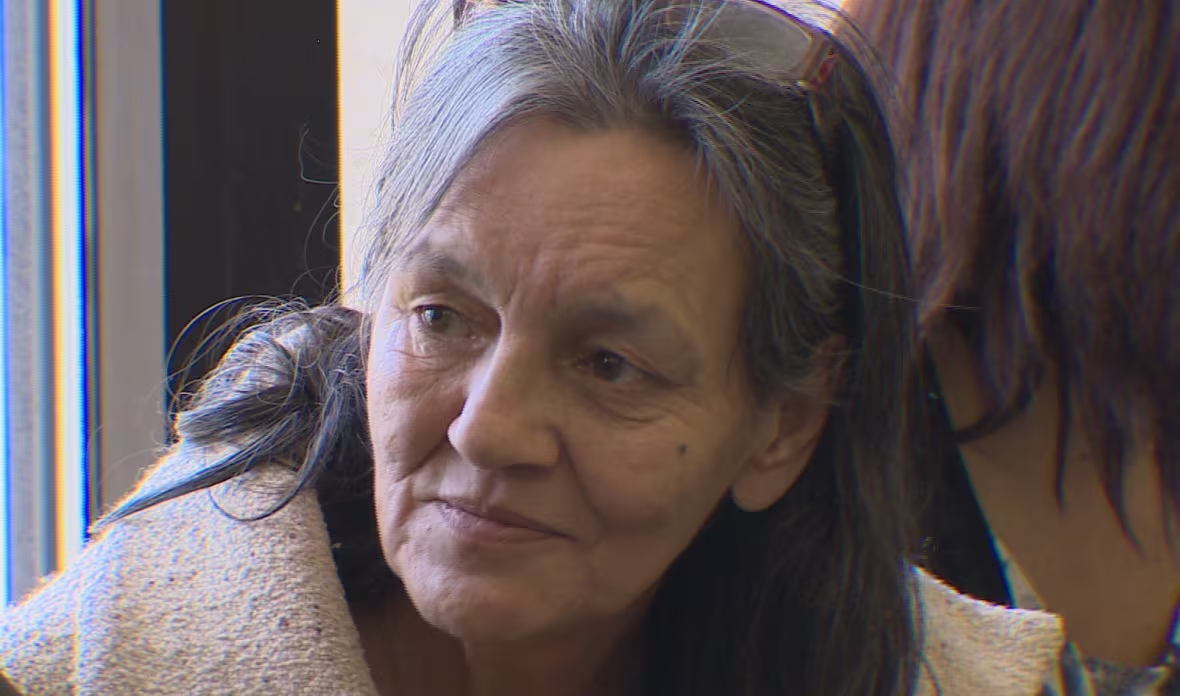Woman who murdered Loretta Saunders loses appeal
Victoria Henneberry asked province's highest court to overturn second-degree murder conviction

There were whoops of joy, applause and profane threats moments after the Nova Scotia Court of Appeal rejected a bid by Victoria Henneberry to withdraw her guilty plea on a charge of second-degree murder.
Henneberry was convicted in the February 2014 murder of Loretta Saunders, a 26-year-old Inuk woman from Labrador.
Henneberry and her boyfriend killed Saunders in the Halifax apartment she was subletting to them. They killed her rather than pay her the $430 they owed for rent.
Members of the Saunders family and their supporters packed the courtroom for the two-day appeal hearing. They were the ones who shattered the normally quiet reserve of the province's highest court, voicing their relief at the decision and their disdain for Henneberry. They shouted threats at her as sheriff's deputies hustled her from the courtroom.
The three-member appeal panel deliberated for only a few minutes before deciding unanimously to dismiss her appeal. They promised reasons for their decision would come later.
'I became someone else'
Henneberry argued she wasn't in her right mind when she pleaded guilty to murder and she should be allowed to withdraw that plea. In her supporting documents, Henneberry suggested the court should substitute a conviction on the much lesser charge of being an accessory to murder after the fact. But the court told her that if her appeal was successful, she would instead likely face a new trial on the original charge of first degree murder.
In her closing arguments, Henneberry talked of her state of mind at the time of the murder. She described the 14 months she spent in jail awaiting trial as traumatic.
"I was harassed, bullied, threatened, hypervigilant. I could never relax. I was always in a state of distress that affected my very persona," Henneberry said.
"I had trouble sleeping, focusing, I completely shut down. It was as though I became someone else."
She complained she felt like she was in a dream-like state in the courtroom because she hadn't received her medications. However, the crown questioned whether there was a diagnosis of post-traumatic stress disorder, as Henneberry claimed. She had been repeatedly assessed and the only evidence she produced to support her position was a handwritten note from a psychiatrist who had done a preliminary interview with her.

Saunders' family relieved
Loretta's mother Miriam Saunders expressed relief outside the courtroom moments after the decision was announced.
"I've been praying on it and I was ready to accept what they had done because I left it to the Lord and my daughter's soul," Miriam Saunders said.
She said now that the appeal is over, she is going to devote her time and energy to the cause of missing and murdered indigenous women.
The CBC's Blair Rhodes liveblogged from the hearing.